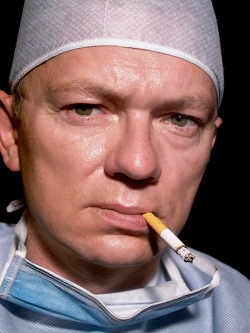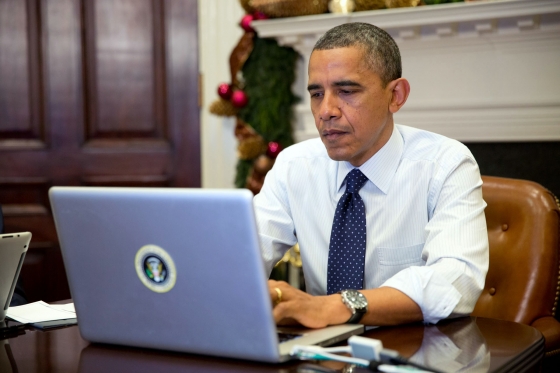If Silicon Valley and Alley are now the preeminent Dream Factories, it makes sense that tech start-ups are identified by pithy, cross-pollination pitches worthy of Hollywood blockbusters, so Pager, a service that delivers medical professionals to your doorstep when beckoned by a smartphone, is, of course, “Uber for doctors.” A couple of exchanges from Sarah Kliff’s Vox interview with company founder Richard Baker:
“Sarah Kliff:
Can you tell a little bit about the theory behind Pager, and how it fits into the current system of how we deliver health care?
Richard Baker:
Pager began with the idea that health care needs to be delivered in a more efficient and convenient way. We do already have a connected world, with telemedicine, but Pager and its founders thought there could be a better way of delivering health care by actually delivering it to people. If you can deliver groceries, why not deliver health care as well? Why not have urgent care on wheels?
If a person is living alone — and 32 million Americans are — or if you have a child who is home with a nanny, why not bring a doctor to that individual?
Oscar Salazar [an original engineer behind Uber], Philip Eytan, and Gaspard de Dreuzy, are all technology entrepreneurs who thought if we could use technology to make it really simple for patients, it could work. And you can see the app has a lot of Uber finger prints all over it.
Sarah Kliff:
One of the things I find interesting about Pager is that, even though it uses new technology, its almost like a throw-back to an older era of medicine when doctors did lots of house calls. But house calls faded away as it became more convenient for doctors to see their patients in the office. What makes right now the right time to bring back the house call?
Richard Baker:
This is a bit of a ‘back to the future’ situation. My father was what at the time was called a GP, or general practitioner, and was doing house calls in the 1950s and 1960s. He liked it very very much. He got a great deal of satisfaction with the personal interaction. But it ultimately fell out of favor with specialization, and enormous pressure of having things done in the office.
I think at this point, doctors have evolved in what they think is important. This can potentially be more fulfilling than simply running an emergency room or through a very busy office practice. And this is also a supplement to their income. Even though doctors do tend to do very nicely, primary-care doctors may be interested in that.”



